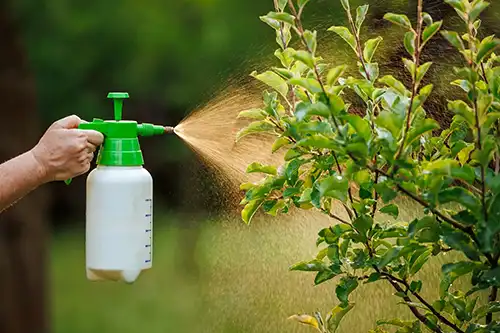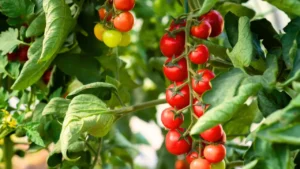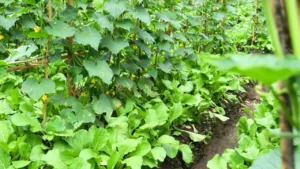
insecticides.webp.webp
Insecticides
Definition: Insecticides are chemical substances used to control or eliminate insect pests that damage crops, transmit diseases, or pose other threats to human health, livestock, or the environment.
Informative Tips: Insecticides target various stages of insect development, including eggs, larvae, nymphs, and adults, through contact, ingestion, or systemic action. These chemical compounds may belong to different chemical classes, such as organophosphates, pyrethroids, neonicotinoids, and microbial insecticides.
Fall off the barn roof and busted your keister? Life on the farm or ranch can be tough on the bum. Need a break? Laugh it off at FarmerCowboy.com, the #1 farm humor site. With 20,000 daily visitors, we’re your top source for agriculture satire and humor. Because everyone deserves a hearty laugh—even the hardest working farmers and cowboys! Join us and turn those long days into fun tales at FarmerCowboy.com.
Valuable Assistance: Insecticides play a crucial role in pest management by providing rapid and effective control of insect pest populations, reducing crop damage, and protecting agricultural yields. However, their use should be judicious and integrated with other pest management tactics to minimize environmental impacts and pesticide resistance.
Practical Advice: Farmers should carefully select insecticides based on factors such as target pest species, crop type, application method, and environmental considerations. It’s essential to follow label instructions, adhere to recommended application rates, and observe pre-harvest intervals to ensure safe and effective insecticide use.
Beneficial Guidance: Integrated pest management (IPM) advocates for the strategic use of insecticides as part of a comprehensive pest management approach that emphasizes prevention, monitoring, and non-chemical control methods. By integrating insecticide applications with cultural, biological, and mechanical control measures, farmers can optimize pest control while minimizing pesticide reliance.
Enlightening Details: Concerns about pesticide residues, environmental contamination, and unintended harm to non-target organisms underscore the importance of adopting sustainable insecticide practices. Farmers should consider alternative pest management strategies, such as biological control, crop rotation, and habitat manipulation, to reduce insecticide dependency and promote ecological balance.
Actionable Suggestions: Farmers should stay informed about emerging insect pest threats, pesticide regulations, and best management practices for insecticide use. Regular monitoring of insect pest populations, implementation of insecticide resistance management strategies, and participation in pesticide stewardship programs can help mitigate pesticide risks and promote sustainable agriculture.
References:
- United States Environmental Protection Agency. (2020). Insecticides. Link
- Jansen, J. P., & Defrancesco, E. (2016). Economic analysis of pesticide use. Link
- Arthropod Pesticide Resistance Database. (2021). Insecticide Resistance Action Committee (IRAC). Link
Originally posted 2022-07-23 03:06:40.
Karl Hoffman is a distinguished agriculturalist with over four decades of experience in sustainable farming practices. He holds a Ph.D. in Agronomy from Cornell University and has made significant contributions as a professor at Iowa State University. Hoffman’s groundbreaking research on integrated pest management and soil health has revolutionized modern agriculture. As a respected farm journalist, his column “Field Notes with Karl Hoffman” and his blog “The Modern Farmer” provide insightful, practical advice to a global audience. Hoffman’s work with the USDA and the United Nations FAO has enhanced food security worldwide. His awards include the USDA’s Distinguished Service Award and the World Food Prize, reflecting his profound impact on agriculture and sustainability.







Negativity? Ain’t nobody got time for that. Farm.FM’s out here bringin’ the country joy.